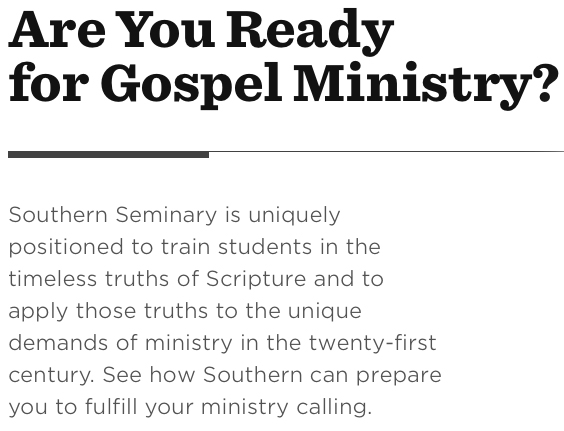How to reach Hispanics around you without Rosetta Stone
According to the U.S. Census Bureau, the Latino population in the United States was 53 million in 2012, making up 17 percent of the overall population — the largest minority group in the nation. So, whether you are Hispanic like me or you are from a different culture, eager to share the gospel with…
According to the U.S. Census Bureau, the Latino population in the United States was 53 million in 2012, making up 17 percent of the overall population — the largest minority group in the nation. So, whether you are Hispanic like me or you are from a different culture, eager to share the gospel with this rapidly growing group, how should we — theology students, church members, leaders and pastors — embrace the task before us?
Before you grab a Spanish dictionary, know that the simplest way to start is to recognize what God is doing now among Hispanics and understanding who they are as a culture. When asked about the evidence of God’s work in Latin America, Miguel Nuñez, senior pastor at Iglesia Bautista Internacional in Dominican Republic, says:
“God is creating a new hunger for his truth in Latin America, especially among young people. The Reformation bypassed the region 500 hundred years ago, but the same truth that awaken Europe then, when his Word was preached, it is being shone where darkness had reigned. As a consequence, the faith of those who had believed in the recent past is being anchored in the truth and no longer in the emotions. And many who had remained unconvinced until now are turning to Christ. It is the light of the early dawn.”
People who are interested in reaching out to Hispanics around their area of influence should first listen and see what God is already doing in that community.
Second, reaching out to the Hispanic community demands the understanding of the ways of its culture. As a seminary student coming from Dominican Republic and now living in Louisville, Ky., it took time to shift into “Anglo mode.” But in order to reach Hispanics, it is necessary for anyone to shift into “Latino mode.”
Hispanics are warm and up-close people. The sense of personal space is almost non-existent and human touch is very important for us. In fact, even before a word is spoken in English or Spanish, a formal, hand-shaking church will not effectively minister to Hispanics and will not relate at the needed heart level. This reality applies to first generation Hispanics — those who have Spanish as their primary language and have come to America after living a considerable amount of time in a Latin American country — and also to second generation Hispanics — those born in America within Hispanic households or who have come to the States at a very young age.
There are practical steps to make the ministry to this community more effective. Here are three recommendations to get started:
1) Use clarity and simplicity when teaching the Word. Usually, people who come from Latin American countries have a lower academic level and a limited knowledge of the Bible. That implies that one needs to teach the Word deep and wide, but in a way that is simple, especially in first generation Hispanic churches. Teach it in different contexts, share applications and practical ways to live out the Christian life, whether in marriage, in youth or in the work place.
2) Use music in your church that is upbeat and lively. Recognize that the movement of Christianity in the Hispanic world has grown exponentially in the last 50 years with greater influence from more contemporary and Latin-American-flavored styles.
3) Use grace when things don’t go the way you expected. Let’s say you have agreed to meet with a friend called Carlos at 4 p.m. to talk about how the gospel should affect the way he thinks about his marriage. He told you in the morning he was eager to meet with you but now you are not sure because he is 10 minutes late. Don’t leave, he will come. Bringing up the fact that he was late when he finally arrived 25 minutes later will probably not help either, at least not yet. I am in no way supporting irresponsibility with the management of time, but Hispanics are more event oriented than time oriented.
Reaching Hispanics involves risk and extending one’s comfort zone. If you want to reach out to Hispanics, Rosetta Stone might help, but there is plenty you can do now without having to remember your high school Spanish. Just remember that these recommendations, and several other actions, can also communicate the love of Christ and will ultimately speak louder than words.
_______
Eric Rivier Jimenez is a master of divinity student from Dominican Republic and the creative director for Southern Seminary. He and his wife, Alba, have three children: Hesed, Abigail and Ian.
See Also:
The Bevin Center for Missions, Evangelism and Ministry
The Billy Graham School of Missions, Evangelism and Ministry



